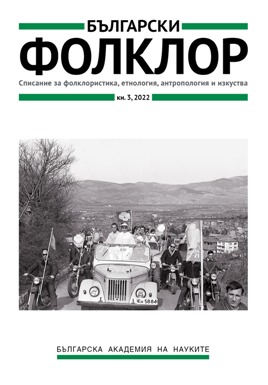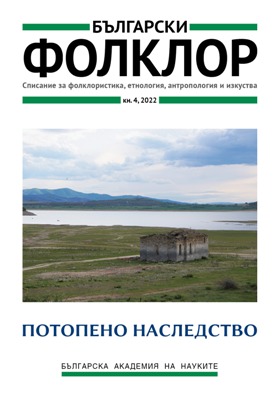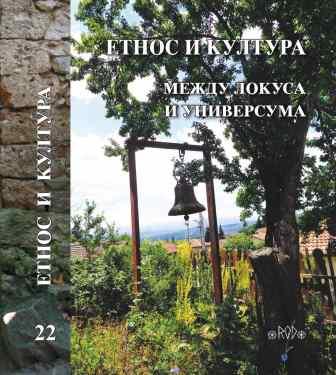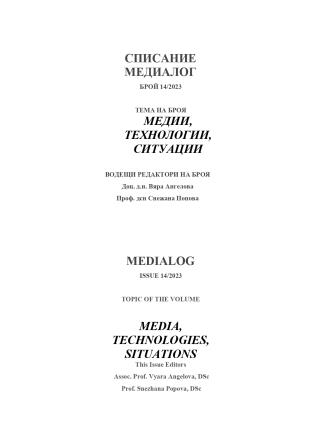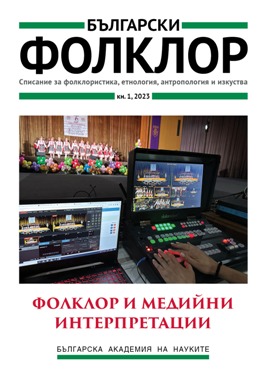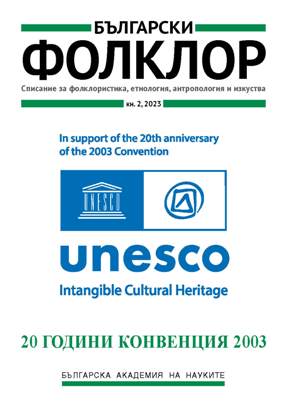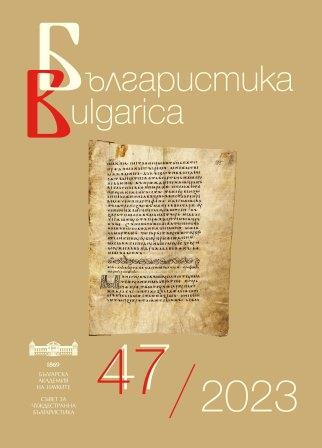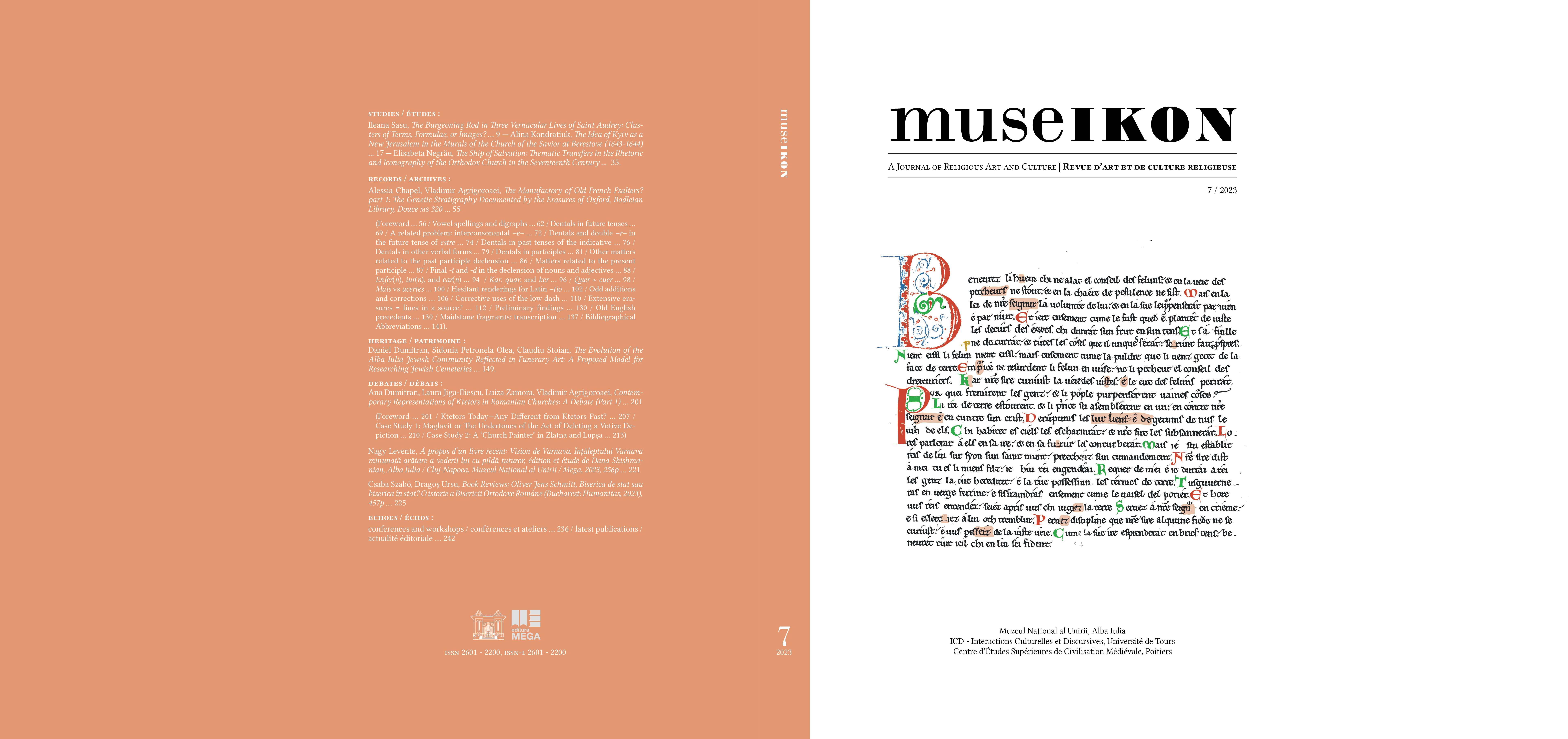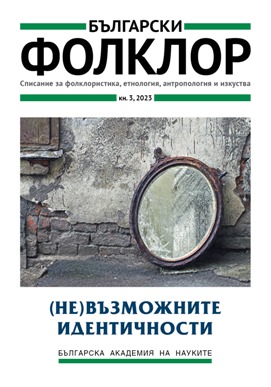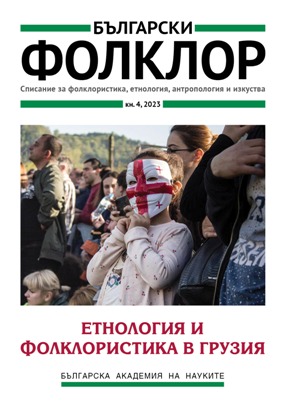Author(s): Daniel Dumitran,Sidonia Petronela Olea,Stoian Claudiu / Language(s): English
Issue: 7/2023
Cimitirele evreiești sunt o prețioasă sursă de informație despre evoluția comunităților cărora acestea le-au aparținut, despre orientarea lor rituală, raportată la curentele iudaismului tradițional ori ale celui modern, și despre interferențele dintre evrei și creștini, mai ales atunci când investigația vizează arta funerară și structura epitafurilor. Exemplul cimitirului evreiesc din Alba Iulia se încadrează în cea de-a doua categorie, fiind vorba despre o comunitate cu o tradiție remarcabilă, fapt ce a și influențat adeziunea ei la orientarea ortodoxă, dar care a receptat în timp influențe de tip reformator, care au determinat atitudini mult mai deschise față de noile idei. Tocmai de aceea, perspectiva istorică din prima parte a studiului, care se bazează pe cele mai importante surse documentare identificate (planuri ale cimitirului și un registru vechi al înmormântărilor redactat în mai multe etape de comunitate), include exemplificări ale tendințelor de evoluție a comunității și de modificare a structurii epitafurilor ori a tipului monumentelor funerare de la sfârșitul secolului al XIX-lea. În schimb, analiza epigrafică și cea artistică, stilistică și tipologică din celelalte două părți ale articolului, pentru a fi convingătoare, sunt mai strict circumscrise, făcând referire la o selecție a pietrelor funerare datând din secolul al XVIII-lea și din prima jumătate a secolului al XIX-lea. Diferența tipologică și stilistică între cele din secolul al XVIII-lea, pentru care pot fi sesizate similarități cu pietre tombale din alte cimitire europene inventariate, și cel puțin unele dintre cele secolul al XIX-lea este evidentă. Forme baroce clare caracterizează unele dintre monumentele edificate spre mijlocul secolului al XIX-lea, iar cele neogotice pe cele de mai târziu, de la sfârșitul aceluiași secol, ceea ce probează serioase întârzieri în receptarea lor. Conținutul inscripțiilor s-a modificat și el în cea de-a doua perioadă, reflectând o mai mare sensibilitate în cazul epitafurilor dedicate defuncților copii, acestea fiind susținute și de delicatețea simbolurilor care însoțesc textul. Obiectivul articolului a fost cel de a evidenția, prin intermediul analizelor epigrafice și stilistice, măsura în care orientarea rituală a comunității a fost cea ortodoxă. Răspunsul la această întrebare este afirmativ, dacă avem în vedere perioada istorică de circa două secole și jumătate scursă de la constituirea comunității și până spre finele secolului al XIX-lea. Dar în ultimele decenii ale acestui secol au început să apară elemente care anunțau o diversificare a orientărilor, probată de profilul monumentelor funerare amplasate în această perioadă în sectorul istoric al cimitirului și al celor din celelalte sectoare ale sale.
More...
